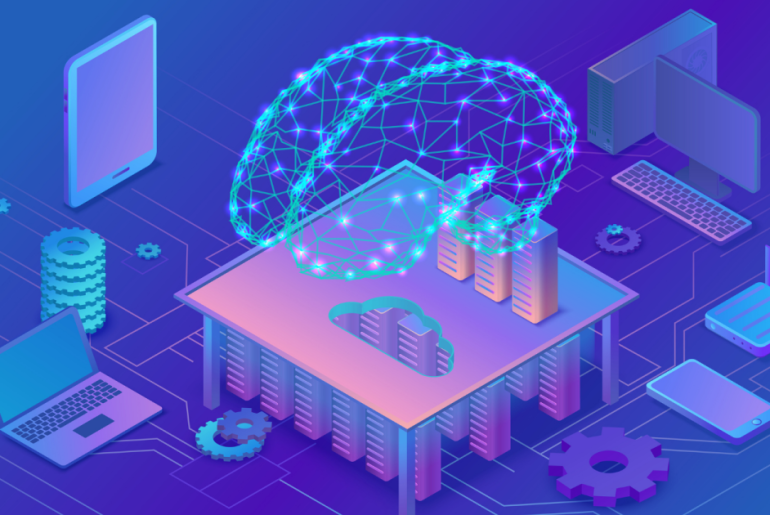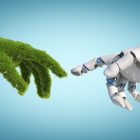Artificial Intelligence (AI) is the simulation of human intelligence processes by machines, especially computer systems. The capability of AI has been increasing rapidly in recent years, with advancements in machine learning, deep learning, and natural language processing. AI is now capable of performing a wide range of tasks that were previously thought to be exclusive to humans, such as image and speech recognition, language translation, and even creative tasks like music composition and art generation.
The effects of AI on humans are complex and multifaceted. On the one hand, AI has the potential to improve many aspects of our lives, such as healthcare, transportation, and entertainment. For example, AI-powered medical diagnostics can help doctors make faster and more accurate diagnoses, while self-driving cars can reduce the number of accidents caused by human error. In addition, AI can automate many tedious and repetitive tasks, freeing up humans to focus on more creative and fulfilling work.
On the other hand, the rise of AI also presents some challenges and potential negative consequences. For example, AI-powered automation could lead to significant job losses in certain industries, which could exacerbate economic inequality. AI algorithms can also perpetuate and amplify existing biases and discrimination if not designed and tested carefully. In addition, there are concerns about the ethical implications of creating machines that can match or even surpass human intelligence, such as the possibility of AI-driven weapons and surveillance systems.
Overall, the capabilities of AI are rapidly advancing, and its impact on humans will depend on how we design, deploy and regulate these technologies. It is crucial that we consider the potential benefits and risks of AI and work to ensure that its development and use align with our values and goals as a society.




